Special Issue Process

Researchers interested in organizing a special issue should submit a formal proposal to the editorial board at editor-in-chief@ijaike.org. The proposal must include:
- Proposed title and theme
- Guest editor(s) with affiliations and contact details
- Rationale and relevance to IJAIKE’s scope
- Tentative timeline
- Target audience and potential contributors
The editorial board will review the proposal based on thematic relevance, research needs, novelty, and the qualifications of the guest editor(s). Feedback or revision requests may be provided before final approval.
Once approved, the guest editor(s) will collaborate with the IJAIKE team to draft and disseminate a Call for Papers. The CFP will be published on the IJAIKE website and promoted through academic networks and social media.
All papers submitted to a special issue must follow IJAIKE’s submission requirements and be submitted via the standard online Manuscript Submission Weblink. Authors must indicate the title of the special issue on the submission form to ensure proper routing. These submissions will be assigned to the designated Guest Editors, who will manage the double-blind peer review process in coordination with the IJAIKE editorial board.
The IJAIKE editorial board retains final authority over all editorial decisions. Guest editors are expected to uphold the journal’s ethical standards and ensure timely communication with authors and reviewers.
Once the majority of papers designated for the special issue are accepted, the Guest Editors will prepare an Editorial and organize the accepted papers into a structured Table of Contents. The special issue will then proceed to production and be published as soon as the content is finalized and ready.
The completed special issue will be published under IJAIKE’s open-access model and featured prominently on the journal’s homepage. All articles will be indexed and made freely accessible to the global research community.


